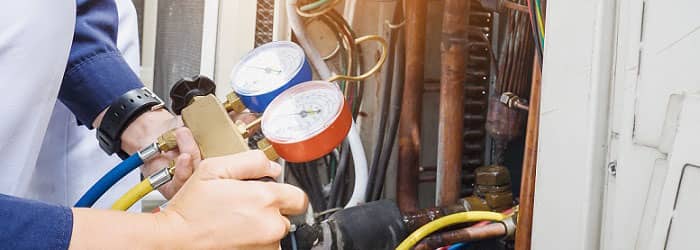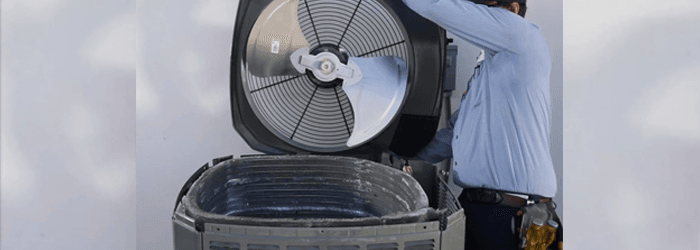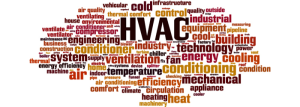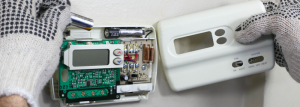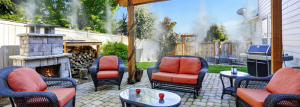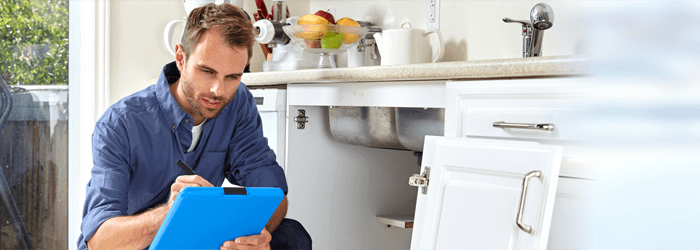It’s the season for facing up to problems with your air conditioning system. As summer moves on and temperatures rise, some issues may make you more and more frustrated. In fact, some of these problems often lead homeowners to call us at Rosie on the House in a search for answers.
So, we talked recently to David Byrnes of Green Integrated Design (Green ID) in Tempe about what those issues are:
1 | If you have an air conditioner system that’s still working, but it has gotten loud and noisy.
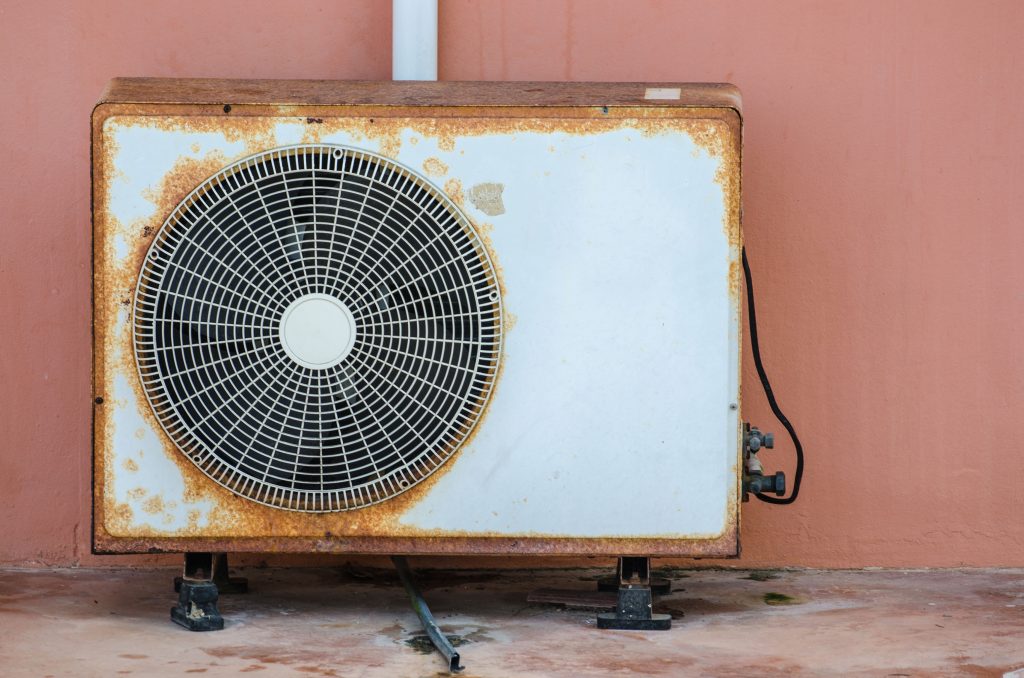
According to Byrnes, homeowners complain that their AC wakes them up at night or there’s a loud banging sound when the AC comes on and the compressor starts running. “Some people even say that they have to turnup the volume on their TV when the air is on and then turn it down again when it goes off,” he said.
What could be the problem? Possibly, the air filter that they are using is too restrictive and the AC is starved for air. The ductwork might be undersized, an issue that may mean you need an investigation of your entire duct system. Possibly the blower motor on the air conditioner is undersized.
2 | You have rooms that are too hot even when the AC is running or you have rooms that are too cold.
Frequently it’s more noticeable at night when residents are trying to sleep. One bedroom is always hot and another is very cold. Sometimes homeowners try to fix the problem by closing the air registers down in the colder part of the house.
The problem could be due to HVAC duct system often because there are too many Y-shaped branches. That can cut down the amount of conditioned air that gets delivered to some rooms. A more effective way of dealing with the problem is installing a duct damper, a movable plate inside the ductwork that can regulate air flow and send it to another part of the house, Byrnes said.
3 | You recently moved into a new home that had been remodeled by a “flipper” or real estate investor and the HVAC system doesn’t seem to be working properly.

The duct system in any remodeled home should be checked carefully, according to Byrnes. If you’re doing your own remodel, you should ask the remodeler about the duct design, duct sealing and insulation.
4 | Your utility bill cost rises despite your best efforts.
You might consider having your insulation inspected throughout your house including the attic. Homes with lots of dropped soffits and architectural features may have problems with faulty insulation or no insulation at all in certain areas. Even if you have enough insulation, it may have become misaligned in your attic and need to be rearranged.
Many issues discussed above could be considered during a whole house energy audit, which is where homeowners should start if they have problems.
What You Need To Know About Whole House Energy Audits
- Be sure the auditors have proper credentials, including minimum insurance, bonds and license.
- Ask lots of questions. Ask for references ahead of time. Ask the auditor how many inspections they have performed. Ask for proof of insurance and credentials. Ask for a sample inspection report.
- The auditors should take a whole house approach and have the right tools for the job, including but not limited to a blower door kit and manometer, CO detection equipment, moisture detection equipment, anemometer, thermometer, and infrared camera.
- Homeowners should be present during the audit and follow auditors around so that they find out what auditors are doing and what the tests should show.
- During the audit, investigators should evaluate your home for signs of energy waste and create a plan to tackle the most significant sources of high energy bills.
- The plan should include possible efficiency upgrades, including available rebates from your utility company, and financing incentives.
- A true energy audit should be unbiased and not product specific. If the auditor recommends products like radiant barrier insulation, windows, canned light sealing or solar products, they have gone too far.
- Auditors should do an inspection on the outside of the house as well as inside.
- You may be required to sign a utility company rebate form before the inspection. But do not sign any documents that say you will use the auditor’s company for repairs. That way you can use the report to seek competitive bids for what you want to do.
###
CONTENT PARTNER | Green ID

By diagnosing air conditioning problems and home energy inefficiencies, Green ID helps homeowners create a more healthy, efficient, and comfortable living space. Because we are a small local business in the Valley, we offer personalized attention to every home we visit and we guarantee more attention to detail than what you would receive from a large corporation.
PHOTO CREDIT
- Shutterstock

